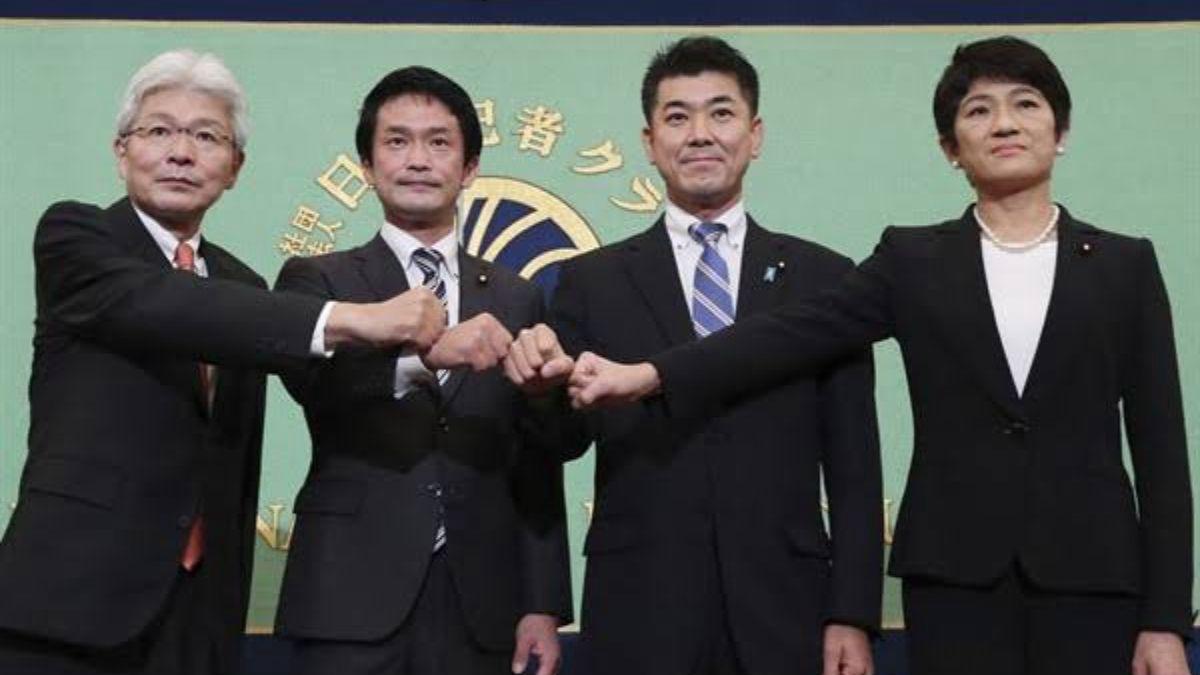The Constitutional Democratic Party (CDP) of Japan is gearing up for a pivotal leadership election, with four prominent candidates now officially in the race. Announced on September 7, the election will culminate with the vote on September 23. The candidates vying for the top position are former Prime Minister Yoshihiko Noda, former party leader Yukio Edano, current CDP leader Kenta Izumi, and House of Representatives member Harumi Yoshida.
This election comes at a critical juncture for the CDP, which faces the task of navigating complex discussions on opposition party cooperation and political reform. These issues are expected to dominate the upcoming debates, as the party seeks to position itself effectively ahead of the next House of Representatives election.
Each candidate has secured the necessary endorsement from at least 20 Diet members, fulfilling the candidacy requirements. The endorsement lists for each candidate have been reviewed and accepted, signaling a formal start to the election process. Notably, former Deputy Representative Kenji Eda, who had initially shown interest in running, has withdrawn from the race and is now supporting Yoshida.
The debate over opposition cooperation is anticipated to be a central theme in the campaign. Candidates will likely articulate their vision for how the CDP should engage with other opposition parties, which is seen as crucial for mounting a credible challenge to the ruling Liberal Democratic Party (LDP). Additionally, political reform will be another major topic, with candidates proposing various strategies to address perceived weaknesses and enhance the party’s appeal to voters.
Kenta Izumi, the current leader of the CDP, has already begun his campaign by emphasizing his achievements and laying out his plans for the party’s future. His candidacy reflects a desire to build on his current leadership role and steer the party through its upcoming electoral challenges.
The election will be closely watched as it will set the direction for the CDP in the months leading up to the next general election. The outcome will not only shape the party’s internal dynamics but also influence its strategy in countering the LDP’s dominance in Japanese politics. As the candidates prepare for the debates, the party’s ability to present a unified and strategic vision will be critical in determining its future trajectory.

